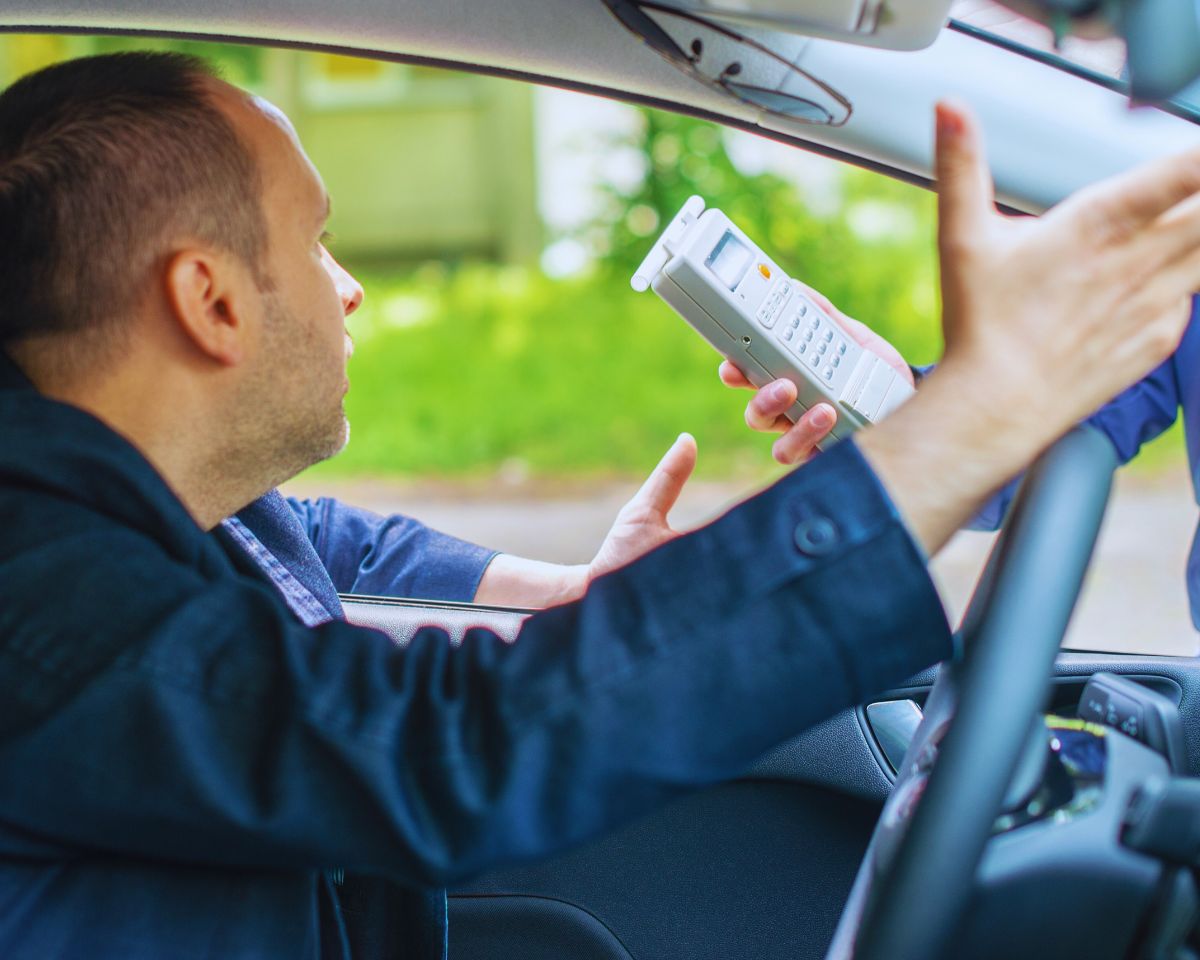If you’re pulled over for suspected DUI (driving under the influence), you might think refusing a breathalyzer or chemical test will help you avoid trouble. After all, no test, no proof—right? Not exactly. Thanks to what’s known as the Implied Consent Law, refusing a test can actually trigger serious legal consequences.
In this article, we’ll break down what the Implied Consent Law is, why it exists, what happens if you refuse a chemical test, and how it can affect your driving privileges and criminal record—even if you’re never convicted of DUI.
What Is Implied Consent?
Implied Consent means that by obtaining a driver’s license and operating a vehicle on public roads, you have automatically agreed to submit to chemical testing (such as breath, blood, or urine tests) if lawfully requested by a police officer during a DUI investigation.
This legal principle is part of the traffic laws in every U.S. state, although specifics vary slightly from state to state.
The Purpose Behind Implied Consent Laws
Implied consent laws were introduced to discourage drunk driving and reduce the number of impaired drivers on the roads. They also help law enforcement gather crucial evidence during DUI investigations. Without these laws, drivers could simply refuse testing and potentially avoid prosecution due to lack of evidence.
When Does Implied Consent Apply?
The law typically kicks in after you’re lawfully arrested for DUI. However, some states allow testing to be requested before arrest if there’s probable cause. Here’s when a request is usually made:
After failing a field sobriety test
When a police officer smells alcohol or observes erratic driving
If you’re involved in an accident with suspected impairment
The key point: Refusing to take a test after a lawful request triggers penalties—even if you haven’t been drinking.
Types of Chemical Tests Covered
Implied Consent usually applies to:
Breath Tests – Commonly used roadside or at the police station
Blood Tests – More accurate, usually done at a hospital or clinic
Urine Tests – Less common, used when breath or blood tests aren’t available
Note: You can often choose between available test types, but refusing all of them carries consequences.
What Happens If You Refuse a Chemical Test?
Here’s where many drivers are caught off guard. Refusing a chemical test under implied consent laws is a separate violation from a DUI charge—and can lead to automatic penalties:
1. License Suspension
First refusal: 6 to 12-month suspension (varies by state)
Second or subsequent refusal: 1 to 2 years or more
Important: This suspension can happen even if you’re never convicted of DUI.
2. Ignition Interlock Device Requirement
Some states require an ignition interlock device (IID) be installed on your vehicle after a refusal, especially for repeat offenses.
3. Fines and Fees
Refusing a test may result in mandatory fines, reinstatement fees for your license, and higher auto insurance premiums.
4. Admissible in Court
Prosecutors may use your refusal as evidence of guilt in court. It can suggest you were trying to hide intoxication.
5. Criminal Penalties (in Some States)
In states like Florida, Minnesota, and Alaska, refusing a test can be charged as a misdemeanor or even a felony if you have prior refusals or DUI convictions.
How Is This Different From a DUI Conviction?
It’s critical to understand that violating implied consent laws is a civil or administrative offense in many states, separate from a DUI conviction. That means:
You can lose your license even if you win your DUI case.
You don’t need to be proven intoxicated—just that you refused the test.
Are There Legal Defenses to a Refusal?
Yes, in certain situations you may be able to challenge the consequences of a test refusal. Common defenses include:
Unlawful Traffic Stop: If the officer didn’t have reasonable suspicion to stop you.
No Probable Cause: If there wasn’t enough evidence to request a chemical test.
Improper Warning: If you weren’t informed of the consequences of refusal.
Medical Conditions: If health issues prevented you from taking the test.
An experienced DUI attorney can evaluate these factors and determine if your rights were violated.
Should You Ever Refuse a Chemical Test?
Legally speaking, refusal is risky. While some people refuse to deny police evidence, this strategy often backfires due to automatic license suspensions and use of refusal in court.
If you’re in a zero-tolerance state or already have DUI offenses, refusal might lead to harsher penalties than a failed test.
What You Should Do If You’re Asked to Take a DUI Test
Stay Calm and Polite: Aggressive or combative behavior can escalate the situation.
Know Your Rights: You can ask if you’re under arrest and whether the test is mandatory.
Ask to Speak with an Attorney: In some states, you have the right to consult an attorney before deciding.
Comply or Understand the Consequences: If you refuse, know what that means for your license and potential charges.
Conclusion
The Implied Consent Law is designed to hold drivers accountable, but it also catches many people off guard. Refusing a DUI test might seem like a smart move in the moment, but it often leads to significant legal and financial consequences—even without a DUI conviction. Understanding how this law works in your state and what happens if you say “no” can help you make informed decisions and protect your driving future.
Need Legal Help?
If you’ve refused a chemical test or are facing DUI charges, don’t face the legal system alone. The consequences of violating implied consent laws can be severe—and they can happen even if you aren’t convicted of DUI.
At Southwest Legal, our experienced DUI attorneys understand the complexities of implied consent laws in California, and we’re here to protect your rights, fight for your license, and guide you through every step of the legal process. Call us today for a free, confidential consultation, Time matters. The sooner you act, the more options you have.





